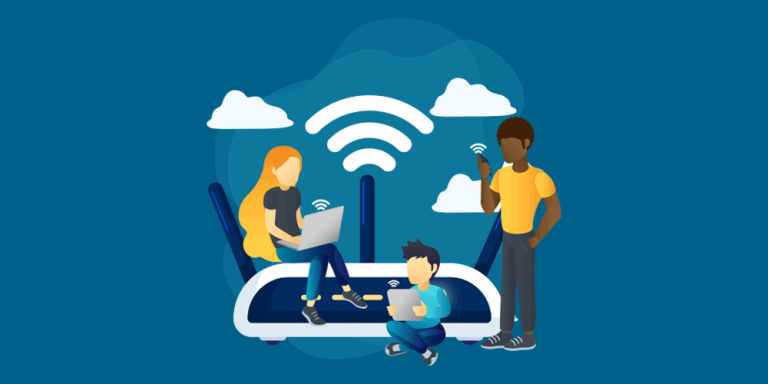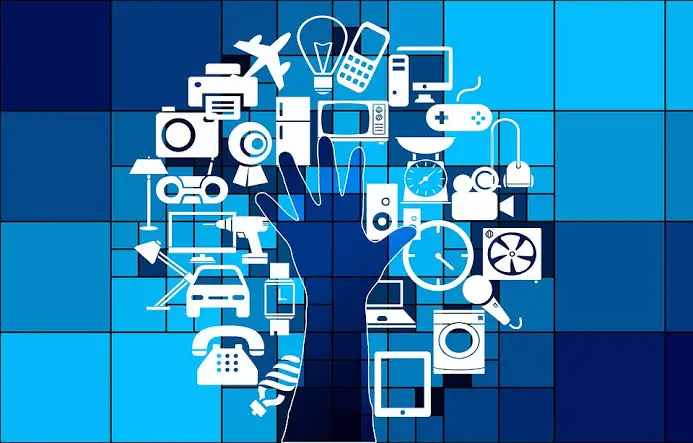Impact of The Internet on Our Society
The Internet is the epitome of the fast moving, dynamic sector of the twenty first centuary. “It is arguably the blazon of innovation in communication technologies, services, and the markets over the last 15 or so years, is viewed by many as a communication frontier with many radical transformative potential” [1] . The Internet and specifically its usage provides an example that how its nature and consequences has been transforming the society. This paper argues that how the internet brings changes and its impact on society. This paper will also try to find out the role of the State in bringing the changes and development into the Information and Communication Technology
The evolution of Internet was by United States Department of defence “Advanced Research Projects Agency Network,” APRANET, in 1970 for transferring data and information. But the way it has transformed our society “Hauben and Hauben (1997) refer to as Netizens: Net Citizens. [3] ” It has created its own terminology its own world such as search engines (google.com; wikipeadia.com); web pages, web servers, clients, http, POP, DNS, ISDN and various domain names also. In this present world we talk about e-shopping ; e trade e-toys; e-commerce; e-governance; online services etc which shows the desires of our society that how ready it is to adopt these changes of the changing world.
Today, the Internet connects people from all over the world and allows for a global conversation. It has altered society in many ways, from cultural exchange to social and economic development. It has rewritten many rules of engagement, and the Internet has enabled many new ways of thinking and connecting.
It has enabled us to access an almost infinite source of information, from news sites to local news sources. Now, we can access any news source from anywhere.
The speed of access varies by location, cost, and bandwidth availability. However, internet use has improved the quality of life for everyone. Those who want to read the news can choose the sources they want to use and what information they want to receive.
The Internet is helping young people voice their opinions and express their political freedoms. This is encouraging, as it shows the positive impact of the Internet on political freedom. Increasing access to faster, cheaper internet connections may help to bring down powerful leaders
It’s been postulated that about 95% of all information available has been digitised and made accessible via the Internet. This processing system has also led to a complete transformation in communication, availability of knowledge as well as social interaction.
However, as with all major technological changes, there are positive and negative effects of the internet on the society too.
The Internet’s positive effects include the following:
- The Intenret provides effective communication using emailing and instant messaging services, no matter where you are.
- It saves time, which improves business relationships and transactions.
- Shopping and banking online has made everyday life less complex.
- You can get global news without relying on television or newspapers.
- The availability of millions of books and journals online has provided a huge boost to education. Students can now take online courses using the internet. Research has become easier as a result.
- Modern job applications have become simpler, as most jobs are posted online and applications are now the norm.
- Professionals can now enhance their research by exchanging information and materials online.
The Negative Impacts of the Internet on Society include:
- Availability of illegal or inappropriate materials online that isn’t age-suitable is easy to access
- Long periods of screen time can negatively affect our health and communication skills by causing insomnia, eye strain, and anxiety and depression.
- A person’s personal and professional life can be disrupted by an addiction to social networking.
- Some criminals use the Internet to hack into people’s accounts for nefarious purposes, such as stealing data or financial information.
Summary: 5 Internet Statistics
- 65.6 percent of the entire world’s population has internet access. There are 4.28 billion unique mobile internet users worldwide, which makes up 54.6 percent of the global population.
- Today, there are over 1.8 billion websites on the world wide web and counting (Internet Live Stats, 2022).
- The very first website was launched in August 1991, by none other than Tim Berners-Lee, the creator of the worldwide web himself.
- Since the internet was made publicly available in 1991 – 30 years ago now. Nine years later at the turn of the millennium, 361 million people around the world had access to the internet.
- Nearly one quarter (24.4 percent) of the world’s internet users are located in East Asia
The internet, through its social networking software, aggregates people who might otherwise be excluded from a creative life. The Internet values real time, space, and human expression. But this is an unintended consequence of the Internet. We need a more diverse Internet, which values diversity, and reflects our global society.
While the Internet is benefiting the world economically, its impact is not equally distributed. Digital divides are increasing and could spread across nations. This will negatively impact jobs, as well as the economic performance of countries. As a result, the impact of the Internet on modern society cannot be ignored.
In the future, we must learn to adapt to this rapid change in our society.
As the Internet grows, so too does its impact on society. Consumers are now in control of marketing and distribution. They review products and influence retail trade and the economy. The Internet is an integral part of the global economy, and it can help foster growth in macroeconomic frameworks by enhancing productivity and competitiveness.
The Internet has changed the way we interact with one another. It is now more likely to interact with others than it is to communicate with physical entities. Social networks have evolved since the early days of the Internet, but the history of the Internet is rich with examples.
- 65.6 percent of the entire world’s population has internet access. There are 4.28 billion unique mobile internet users worldwide, which makes up 54.6 percent of the global population.
www.futuremillionairs.blogspot



Comments
Post a Comment